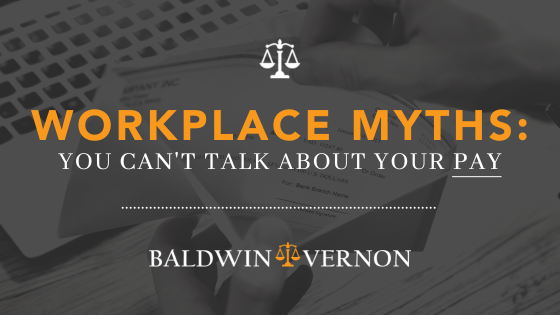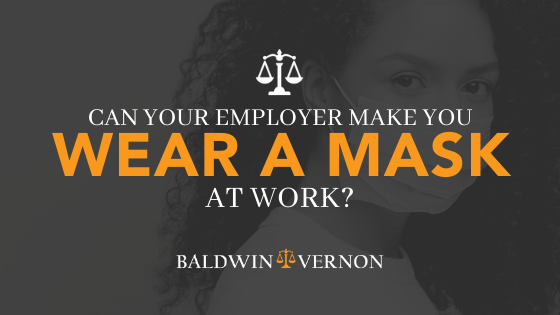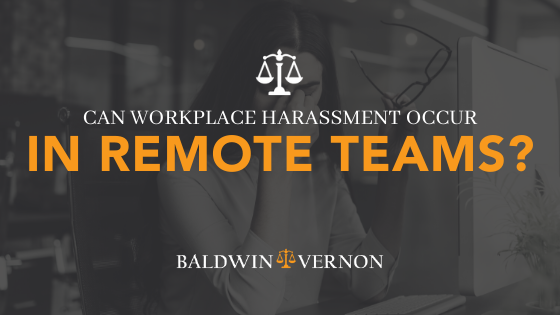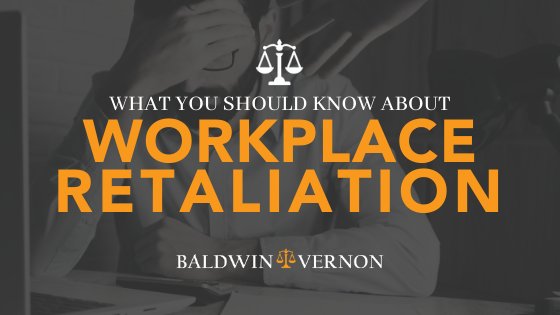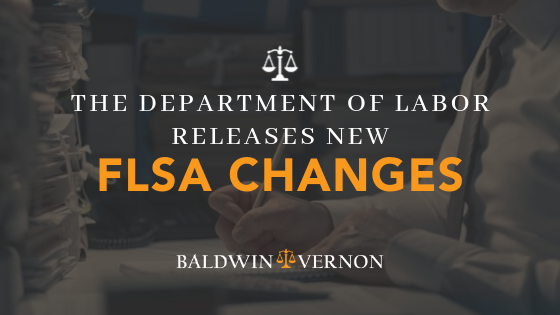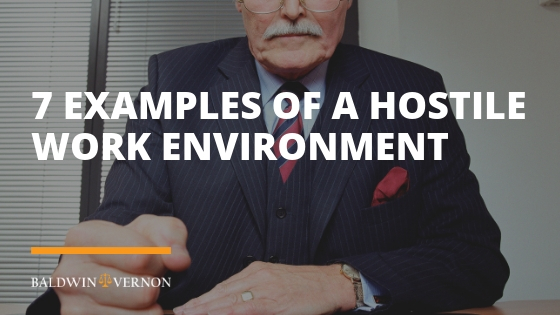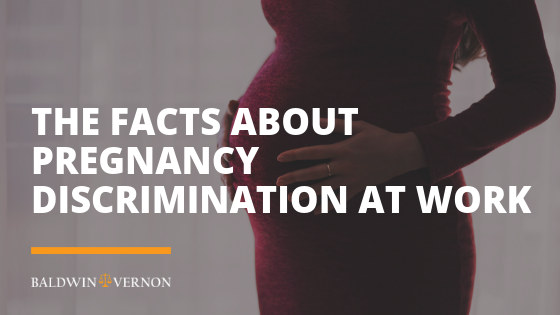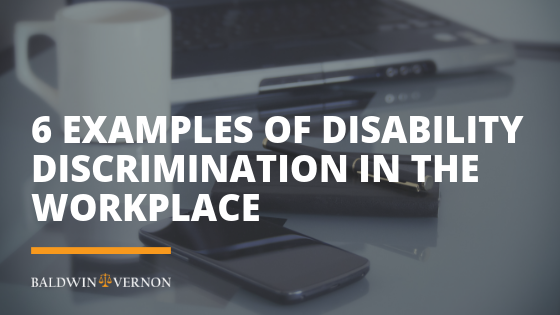Workplace Myths: You Can’t Talk About Your Pay
Whether they started from workplace stigmas or controlling employers, many myths revolving around the workplace keep employees from being comfortable and open with their team members and managers. Today, we are going to focus on one of the most talked about myths within Missouri and the nation– Can you talk about your pay? The topic of pay continues to be a controversial one, but as we are more than halfway through 2023, things need to change. Employees are learning their worth and standing up for themselves now more than ever, and that should extend to the conversation of pay. False: It Is Completely Legal to Talk About Pay This myth is false. Employees are entirely within their rights to talk [...]


